The Cypriots' love of cats has been thriving for a long time. Cypriots have loved and respected cats for two millennia, and this is immediately apparent upon arrival on the island. Wherever you go, you will find bowls of food and water, and shelters to protect them from the heat and rain. One of the island's attractions is even a cat monastery! Read on to find out why and to learn how many cats there are in Cyprus right now.
The legend that started it all
A story that sounds more like a legend than the truth dates back to the 4th century, when Empress Helena, mother of Constantine the Great, visited Cyprus. According to some sources, the island was suffering from a drought at the time. In such conditions, agriculture could not feed the population, and birds and animals were dying en masse. But snakes thrived in such conditions.
According to legend, there were so many snakes that they flooded the entire island! Upon seeing this dire situation, Helena began to think about how she could help Cyprus. She had nearly died during the storm and, to save herself, had prayed to God. In return, the ruler promised that she would build a temple on the shore where her ship would land.
Thus, the monastery of St Nicholas was built in Cyprus. However, the problem with the snakes was quite serious. In order to save the people, animals and crops, Helena ordered that as many cats as possible be brought to the island. These nimble hunters did an excellent job. They quickly reduced the number of snakes to a minimum. This is why it is said that cats literally saved Cyprus, and the legend of their 'heroism' has been passed down through the generations.
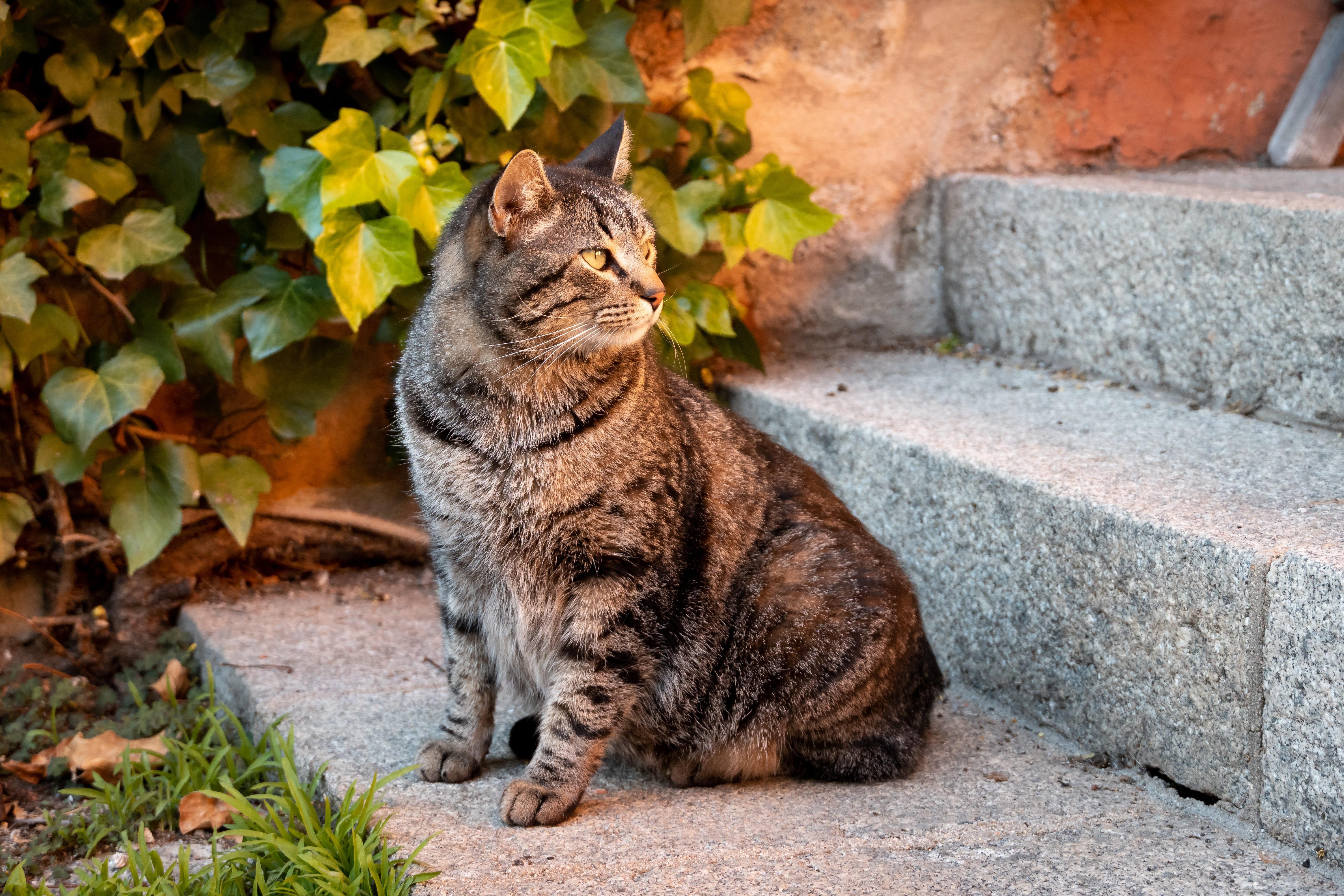
But why are there still so many cats in Cyprus today?
Centuries have passed, but Cypriots' love for cats has only grown stronger. The favourable climate, mild winters and welcoming locals have created ideal conditions for the feline inhabitants to live comfortably. Cats can be found everywhere on the streets of Cyprus — they roam confidently near cafés, shops and historical monuments, and even sunbathe on the beaches.
The state tries to help cats both legislatively and financially. Local residents also often leave food and water for the cats at entrances and in parks, and tourists and café owners treat them to various delicacies.
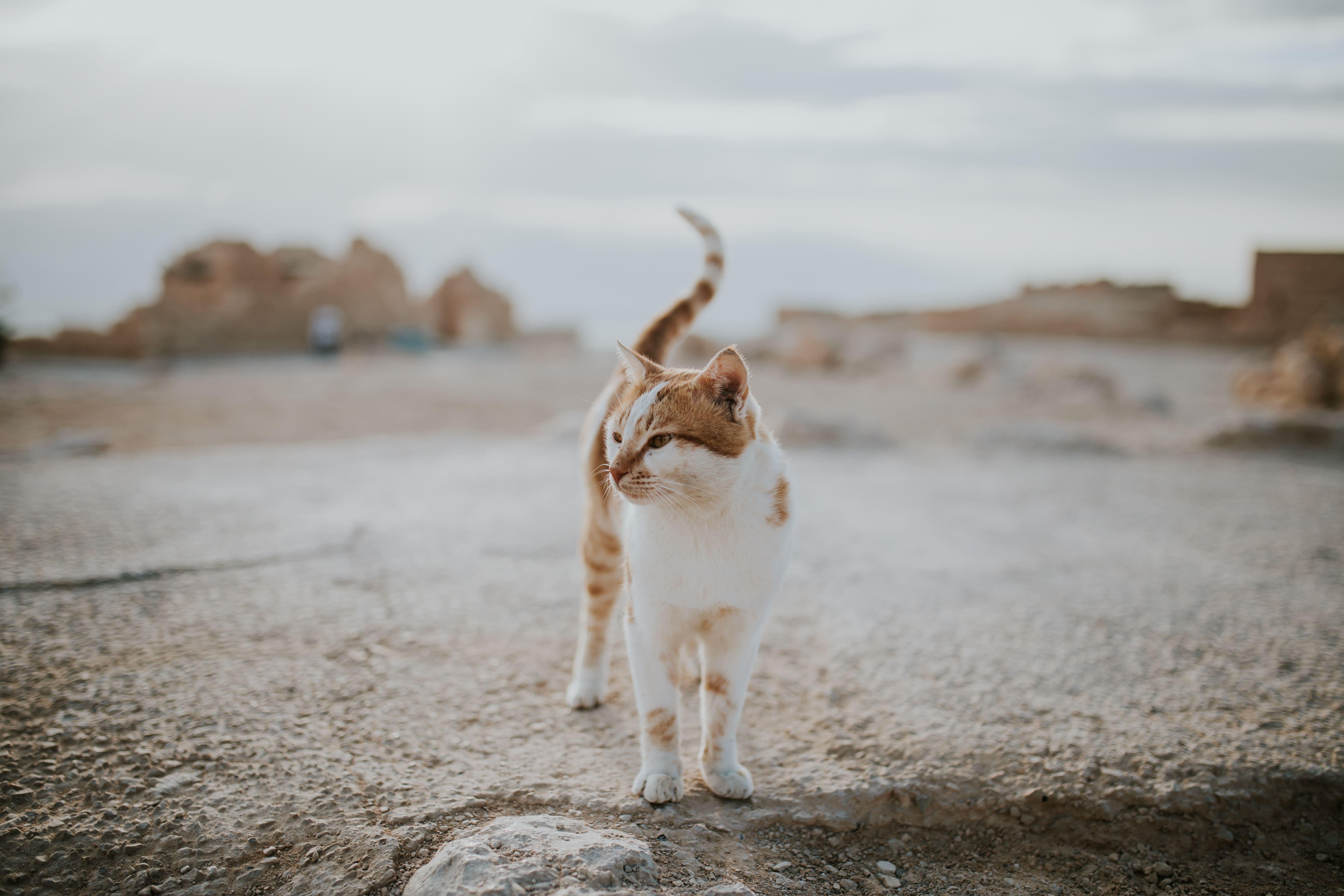
So, how many cats are there on the island?
There are no exact figures, but animal welfare organisations estimate that there are around 1.5 million cats living in Cyprus. This exceeds the number of permanent residents (there are only 1.2 million people)! This means that there is more than one cat for every person. This ratio of people to animals makes Cyprus a unique place on the planet.
Cats are especially prevalent in tourist areas, near monasteries, on the ruins of ancient cities, and even on beaches — in other words, places where there are plenty of people to feed and pet them.
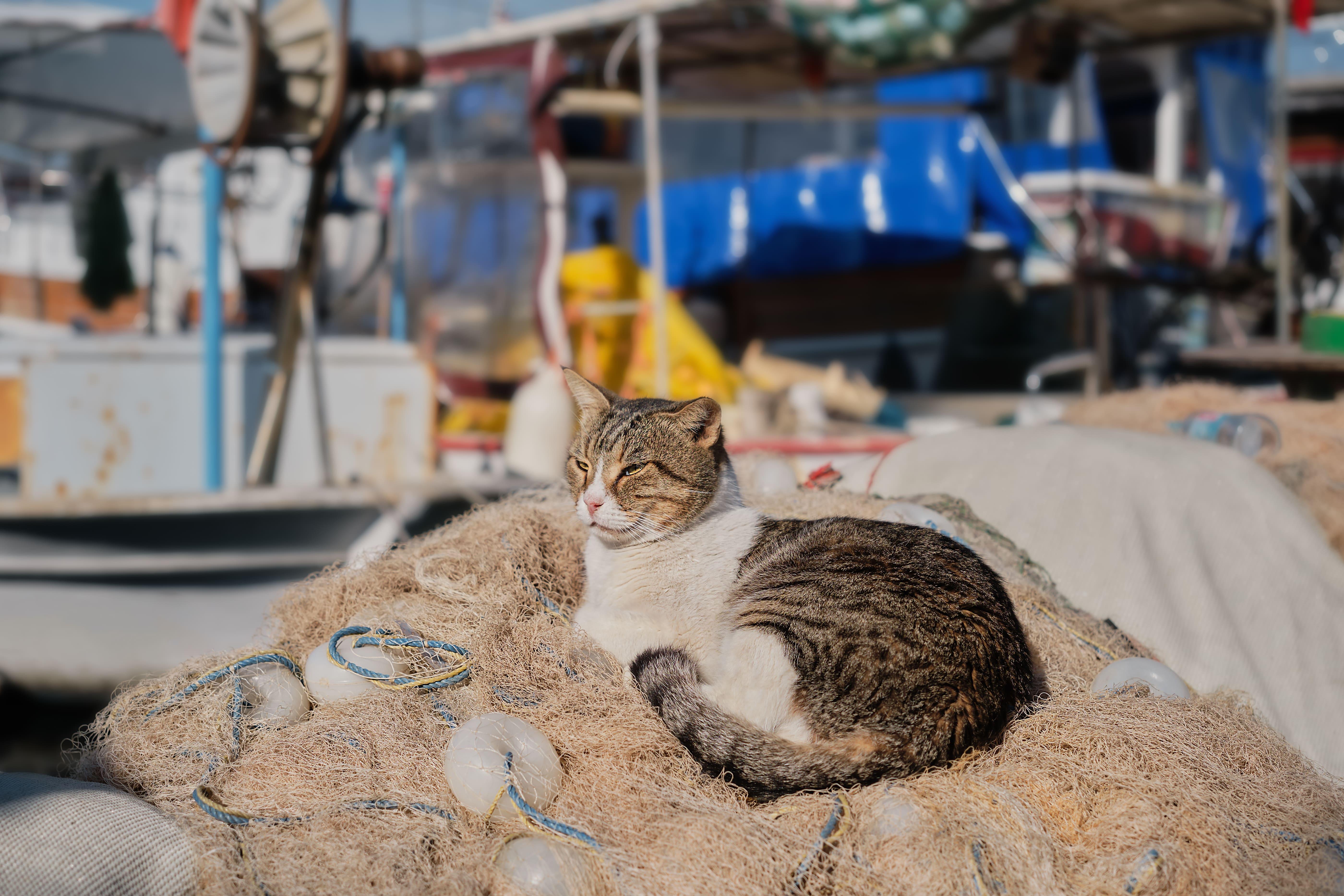
The local residents' attitude towards cats
Locals treat cats with sincere respect and admiration. They do not chase them away from café terraces and are not surprised to see a cat under a temple bench. For Cypriots, cats are part of their cultural and historical heritage, and are considered to be just as important as ancient temples and nature reserves. Owners of open-air restaurants and hotels often allow cats to roam the grounds and interact with tourists. Many cats become accustomed to their 'territory' and live there for years, becoming symbols of a particular place.
Interesting! Despite their love for cats, native Cypriots rarely keep them in their homes. Instead, they prefer to let them roam free, befriending street cats or taking them into their homes.
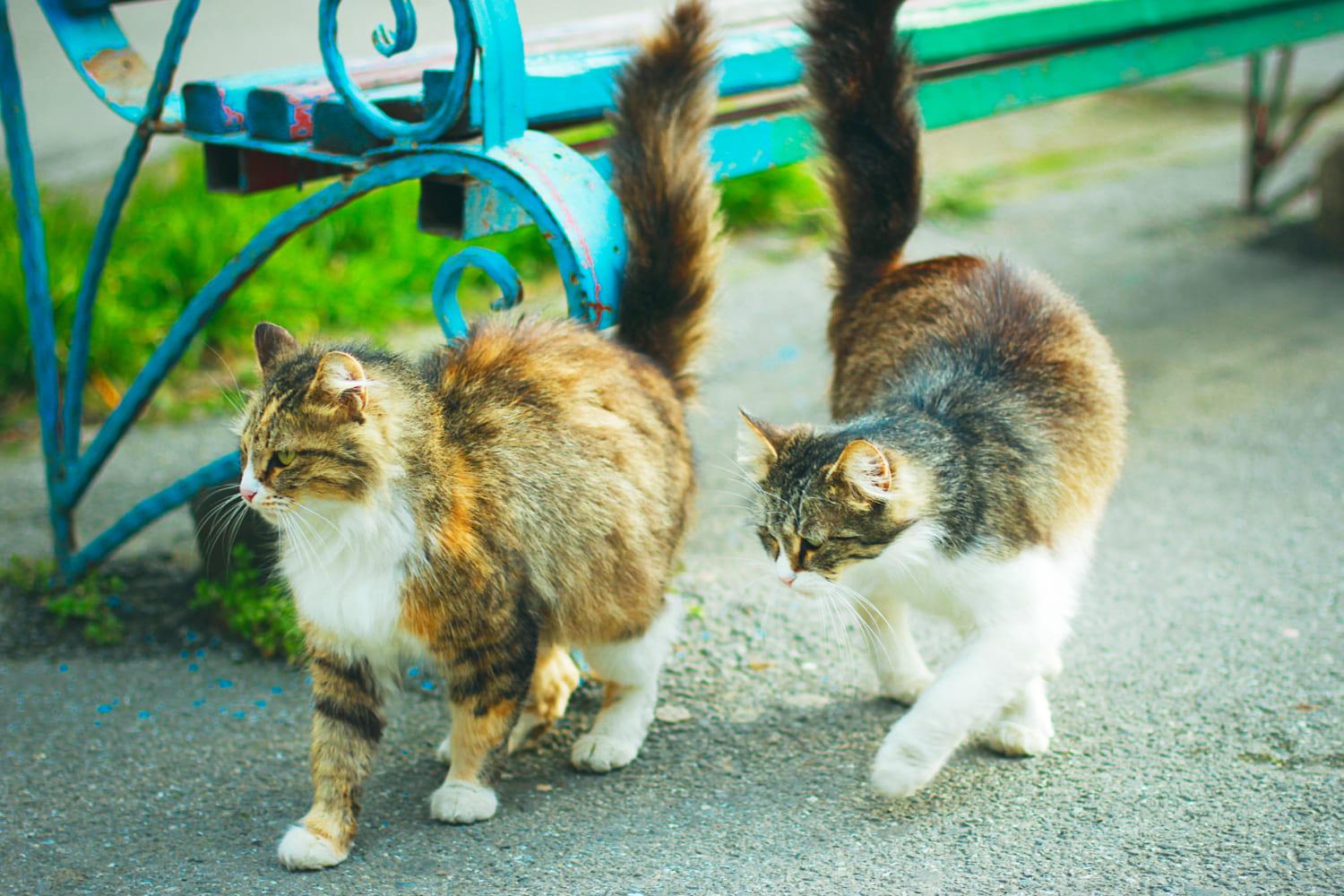
Cat monastery in Cyprus
The famous cat monastery is the Monastery of St Nicholas, commonly known as the Cat Monastery (Agios Nikolaos ton Gaton). Located near Limassol on the Akrotiri peninsula, where Helen landed, it is considered a spiritual centre and a home for hundreds of furry inhabitants.
Note! This convent is still in operation, so it is not possible to go inside. However, you can walk along the gallery at the edge of the grounds.
The nuns take care of the animals as best they can, feeding and treating them, and allowing them to roam freely around the grounds. The monastery is constantly collecting donations to support its furry residents. Many tourists find visiting this place a revelation — the combination of ancient history, nature and friendly pets is captivating at first sight.
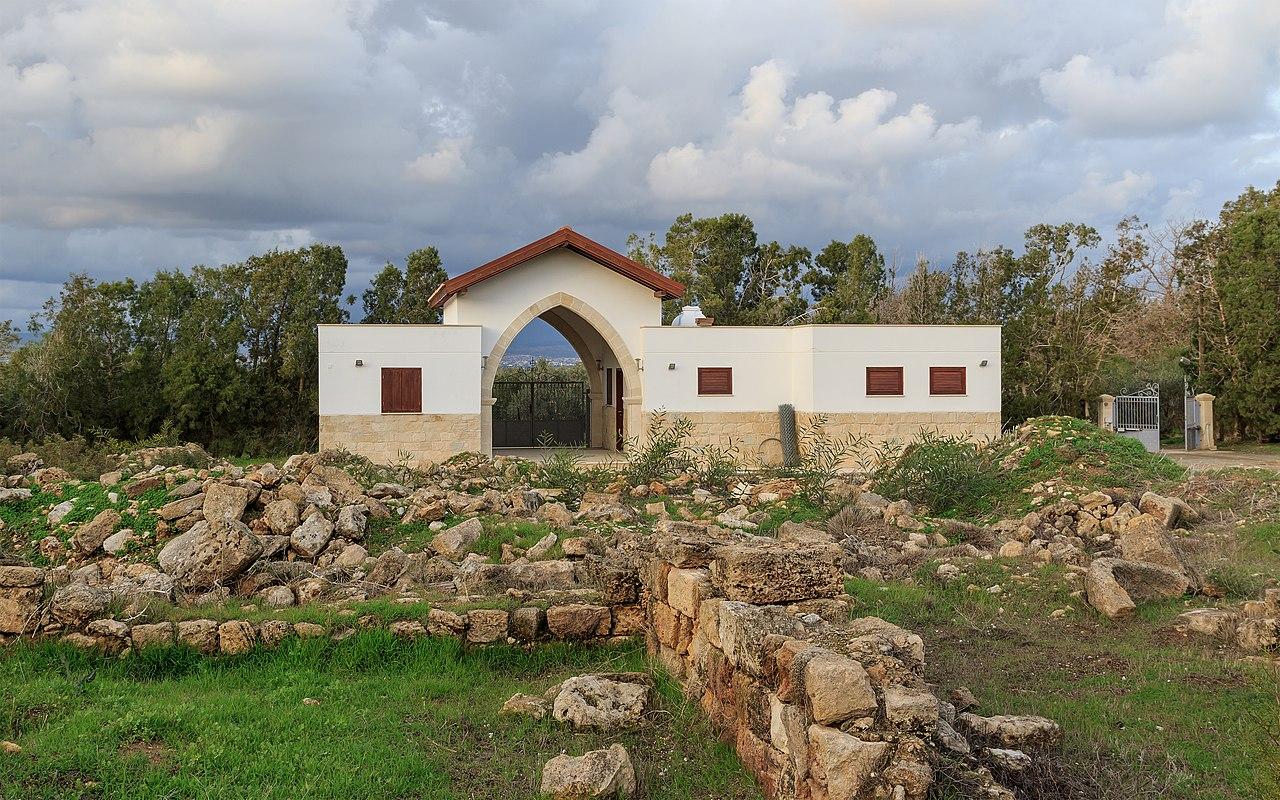
Cypriot cat breeds
In fact, Cyprus has been trying to get two of its breeds recognised for a long time, but only one has succeeded: the 'giant Aphrodite' (Russian version). This breed has only been recognised by one felinological organisation, the WCF, since 2012. 'Aphrodites' are large, graceful cats with thick, long fur. According to some felinologists, they are descended from ancient snake hunters. They resemble a cross between a Maine Coon and a Siberian cat, and are distinguished by their large size.
Another Cypriot breed which has not yet been recognised is known as the 'Saint Helena cat'. These small cats have elongated, graceful bodies and resemble Arabian Maus, a native breed from the United Arab Emirates. Overall, the Cypriot cat population is mostly made up of mixed breeds.
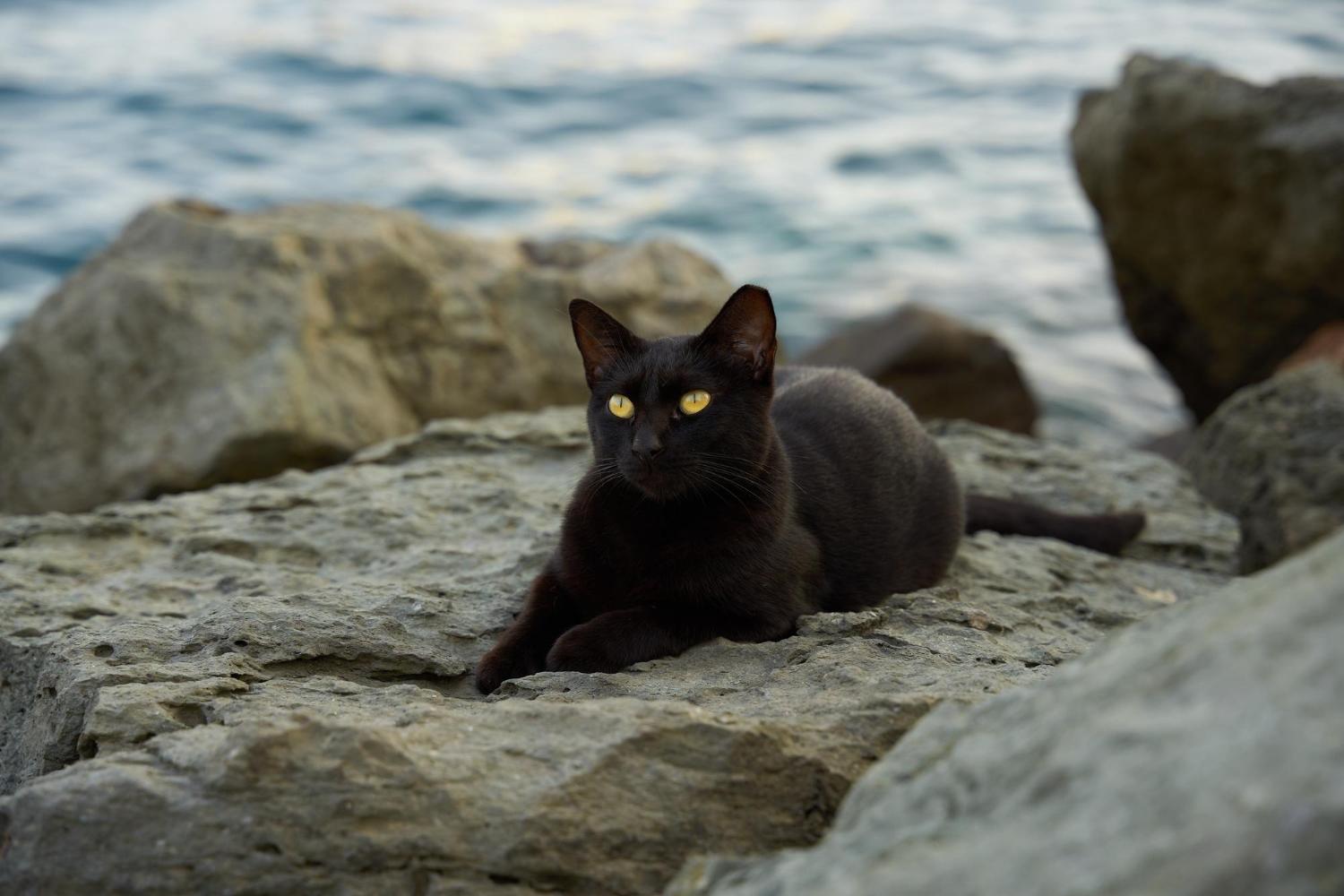
How does the state care for Cypriot cats?
Although many cats live on the streets, the government and private organisations are making efforts to ensure they have decent lives. The country has sterilisation programmes, shelters, veterinary clinics, and volunteer groups that regularly feed and treat stray animals.
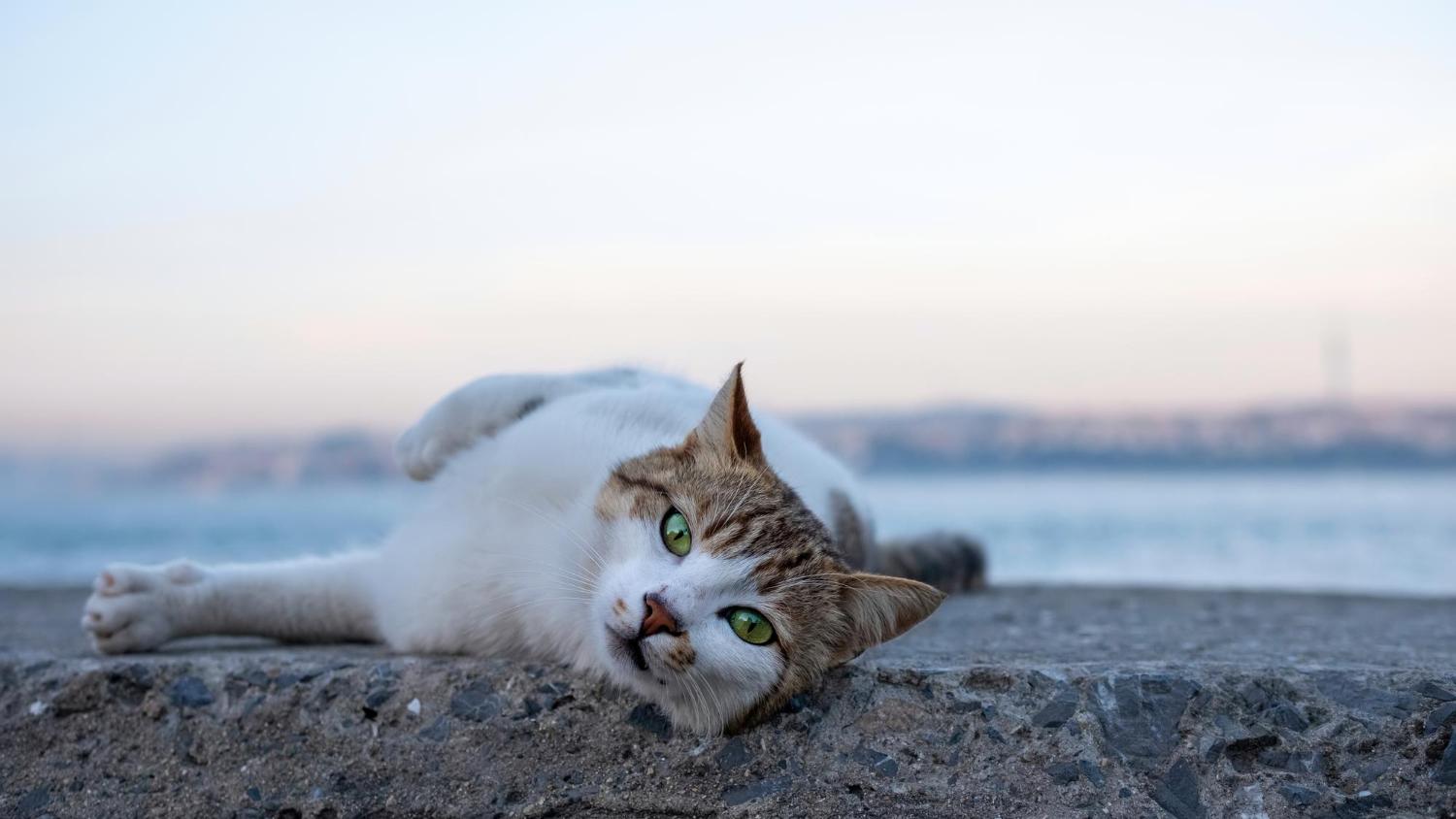
How to make cats happy in Cyprus
Visitors to Cyprus who are charmed by the local cats can easily demonstrate their care and respect for tradition. They can simply leave some food out, top up a communal bowl with water or stroke a friendly, sociable pet. Chasing cats away from cafés or beaches is prohibited and will be met with disapproval.
You can also donate money to animal welfare funds, or help out at the Cat Monastery with food or money, as mentioned above. However, it is important to know that it is illegal to 'adopt' a kitten and take it out of Cyprus. Cats are protected as part of the island's heritage and cultural treasure.
Therefore, it is best to simply enjoy petting the abundant Cypriot cats in crowded places. This is the best and easiest way to interact with cats in Cyprus and take photos with them.
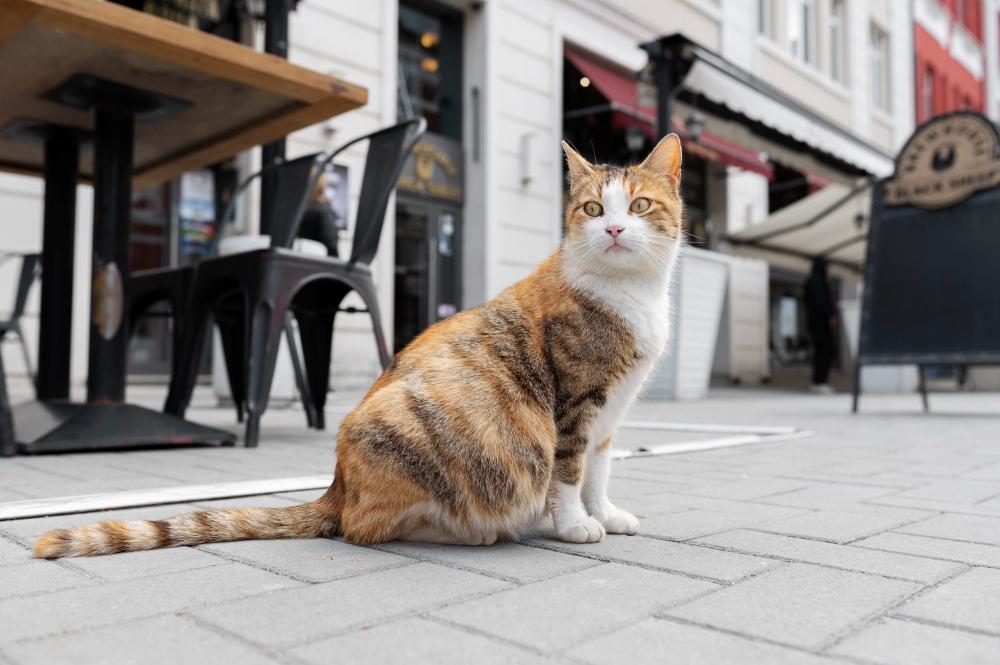
In short, cats are not just 'part of the landscape', they are literally the living soul of the island, making Cyprus an even warmer and cosier place.
Read also:


However I am finding that some cat lovers are completely ignoring humans.
To the left of my drive I have ( in a row ) 4 plates of dried cat food along with the necessary water bowl, little home made cardboard shelters for them completely blocking the pavement.
A gentleman fr om who knows wh ere arrives by car and refills said recepticals. Not you will note by his own residence.
The pavement and people's verandah are full of bird poo as they come to feed and in the winter ......rats ?
Why my house ????